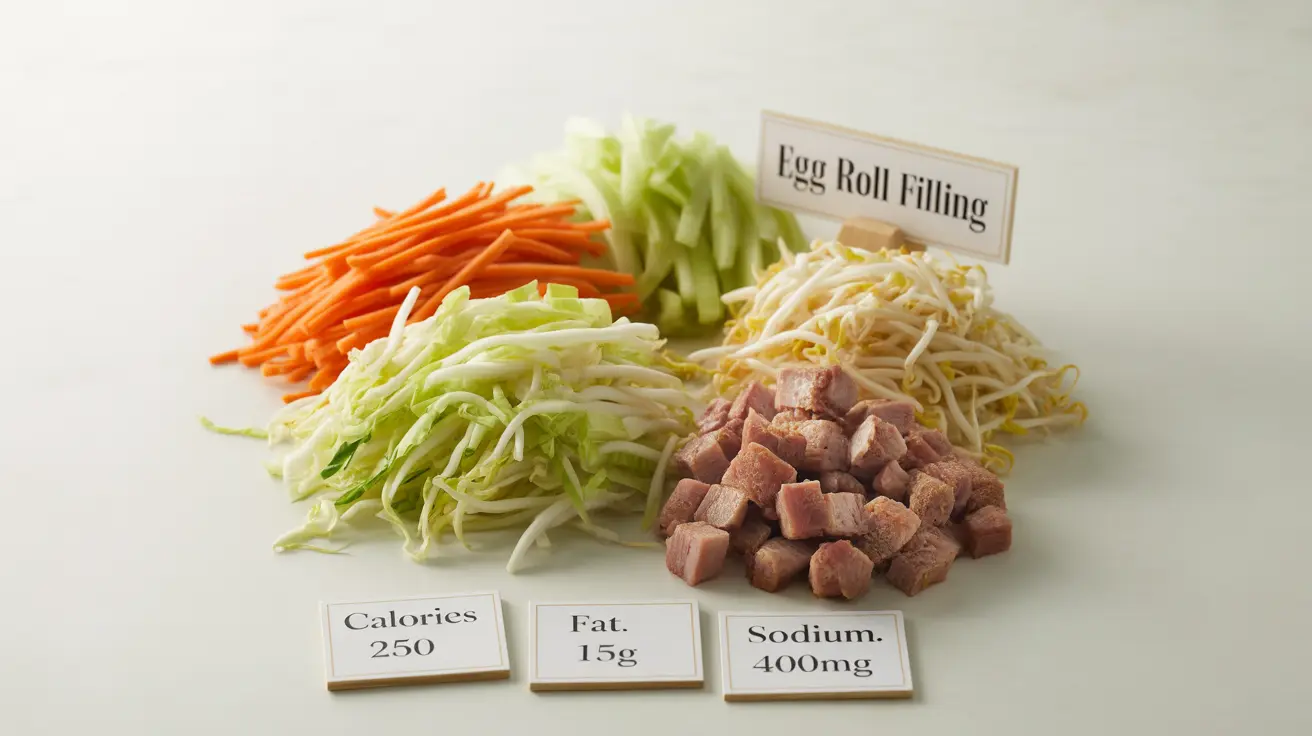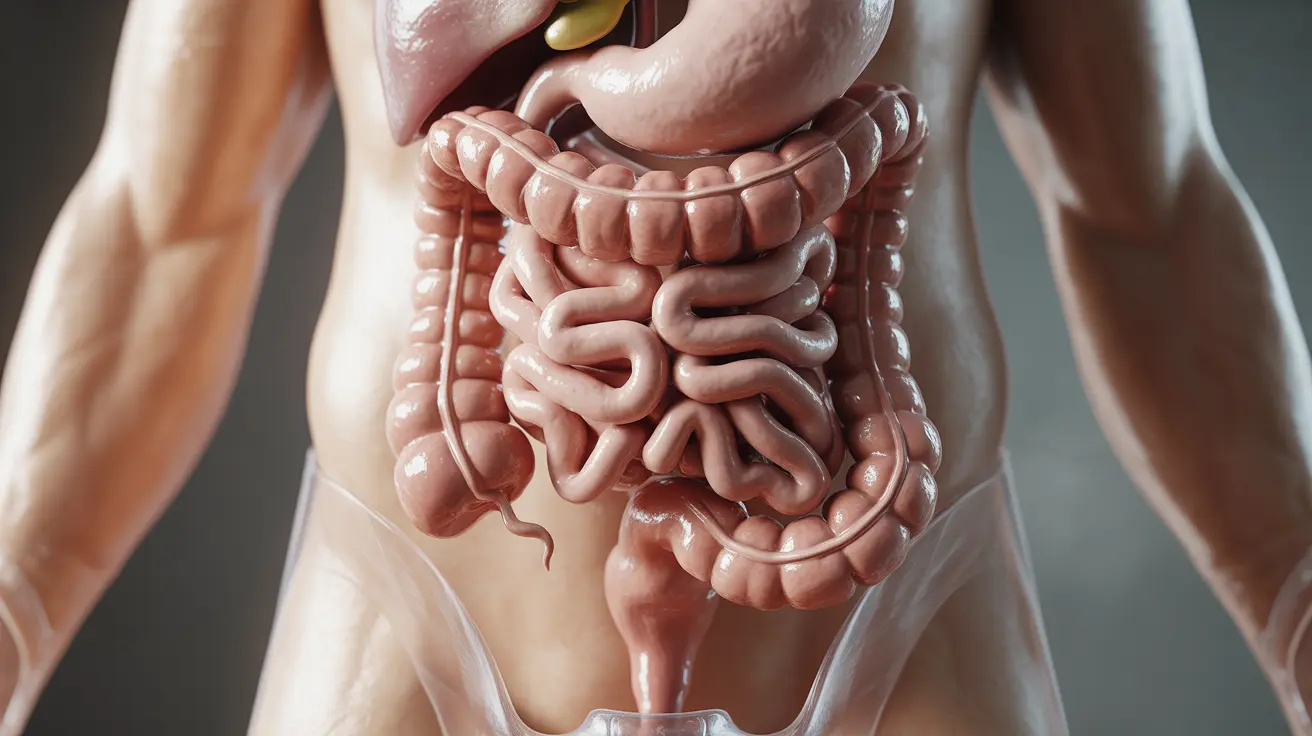The relationship between alcohol consumption and prostate cancer has become an increasingly important topic of discussion in men's health. As prostate cancer remains one of the most common cancers affecting men, understanding how lifestyle factors like alcohol consumption might influence its development, progression, and treatment is crucial for both prevention and management.
This comprehensive guide explores the complex relationship between alcohol and prostate cancer, examining everything from risk factors to treatment considerations and practical alternatives for those managing this condition.
The Impact of Alcohol on Prostate Cancer Risk
Research on the relationship between alcohol consumption and prostate cancer risk has produced mixed results. While some studies suggest a potential correlation between heavy drinking and increased prostate cancer risk, others have found no significant direct link. However, alcohol can affect hormonal balance and inflammation in the body, which may indirectly influence prostate health.
Understanding Moderate vs. Heavy Drinking
The definition of moderate drinking typically includes:
- Up to 2 drinks per day for men
- No more than 14 drinks per week
- Each drink equivalent to 12 oz of beer, 5 oz of wine, or 1.5 oz of spirits
Heavy drinking exceeds these limits and may pose greater health risks, including potential impacts on prostate health and cancer treatment outcomes.
Alcohol Consumption During Prostate Cancer Treatment
For men diagnosed with prostate cancer, the decision to consume alcohol requires careful consideration. Several factors come into play, including the stage of cancer, type of treatment being received, and overall health status.
Treatment Interactions and Concerns
Alcohol can interact with various prostate cancer treatments in significant ways:
- May interfere with hormone therapy effectiveness
- Could increase side effects from radiation therapy
- Might affect the metabolism of certain medications
- May impact immune system function during treatment
Managing Alcohol Use After Diagnosis
Following a prostate cancer diagnosis, many men choose to reassess their alcohol consumption. This decision should be made in consultation with healthcare providers, taking into account individual circumstances and treatment plans.
Recommendations for Safe Consumption
For those who choose to continue drinking during or after treatment, consider these guidelines:
- Consult with your healthcare team about safe alcohol limits
- Monitor how alcohol affects your symptoms and treatment side effects
- Stay well-hydrated and maintain good nutrition
- Be aware of potential medication interactions
Alcohol-Free Alternatives for Social Situations
Many men with prostate cancer find it helpful to have alternatives to alcoholic beverages in social settings. Modern options include:
- Non-alcoholic craft beers and wines
- Sophisticated mocktails
- Sparkling water with fresh fruit
- Kombucha and other fermented beverages
Frequently Asked Questions
Does drinking alcohol increase the risk of developing prostate cancer?
While research results are mixed, heavy alcohol consumption may potentially increase prostate cancer risk through its effects on hormones and inflammation. Moderate drinking has not been conclusively linked to increased risk, but more research is needed.
Is it safe to consume alcohol after being diagnosed with prostate cancer?
The safety of alcohol consumption after a prostate cancer diagnosis depends on individual factors, including treatment type and overall health status. Consult with your healthcare team for personalized recommendations.
How does alcohol interact with medications commonly prescribed for prostate conditions?
Alcohol can interact with various prostate cancer medications, potentially affecting their effectiveness or increasing side effects. Common interactions include those with hormone therapy, pain medications, and certain antibiotics used during treatment.
Can heavy drinking affect the progression or severity of prostate cancer?
Heavy drinking may potentially impact prostate cancer progression by affecting hormone levels, immune function, and overall health status. It could also complicate treatment outcomes and recovery.
What are some alcohol-free drink alternatives for men with prostate cancer who want to avoid alcohol socially?
There are many sophisticated non-alcoholic options available, including alcohol-free beers and wines, crafted mocktails, flavored sparkling waters, and fermented beverages like kombucha. These alternatives can help maintain social engagement while avoiding alcohol.




